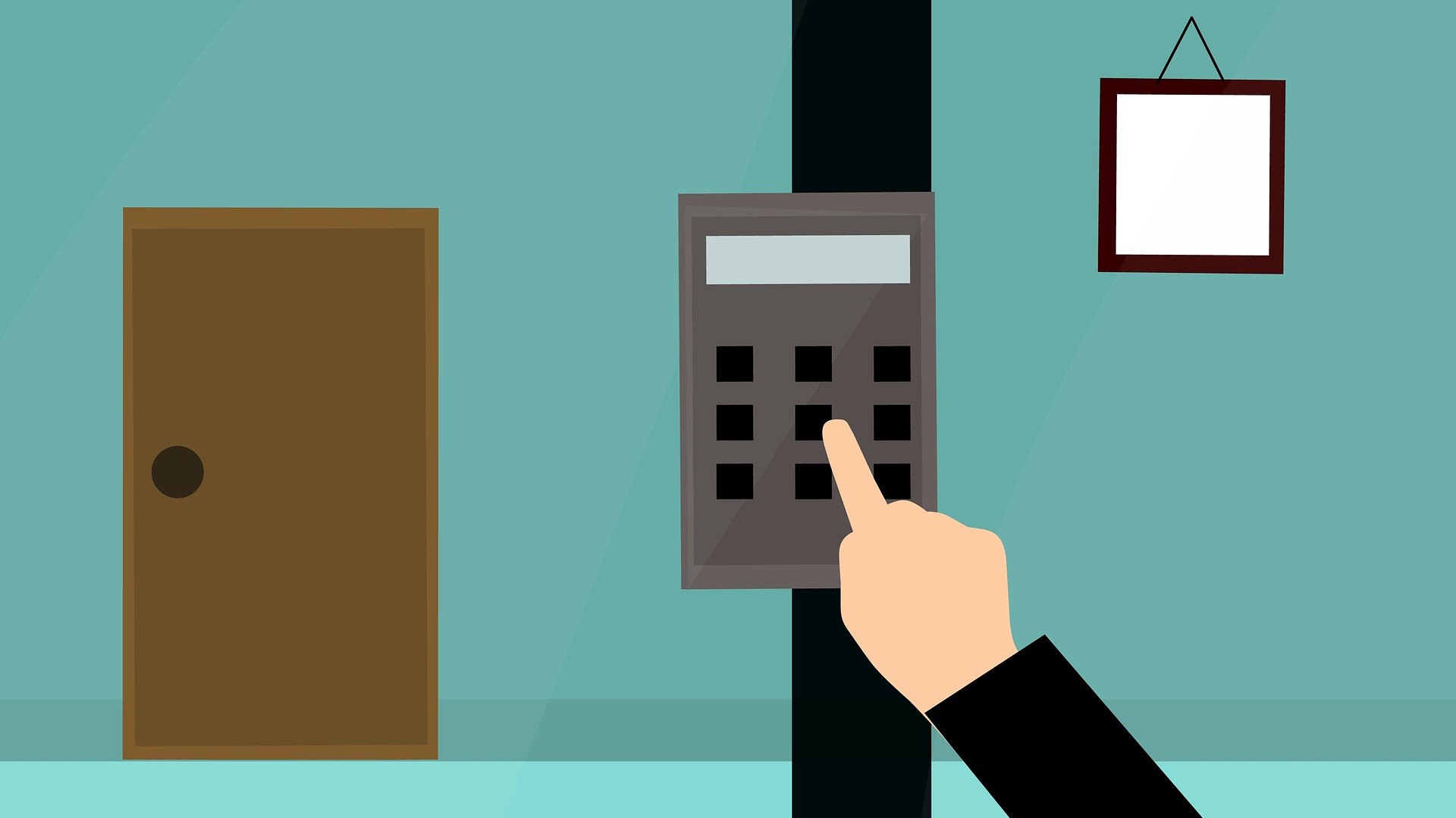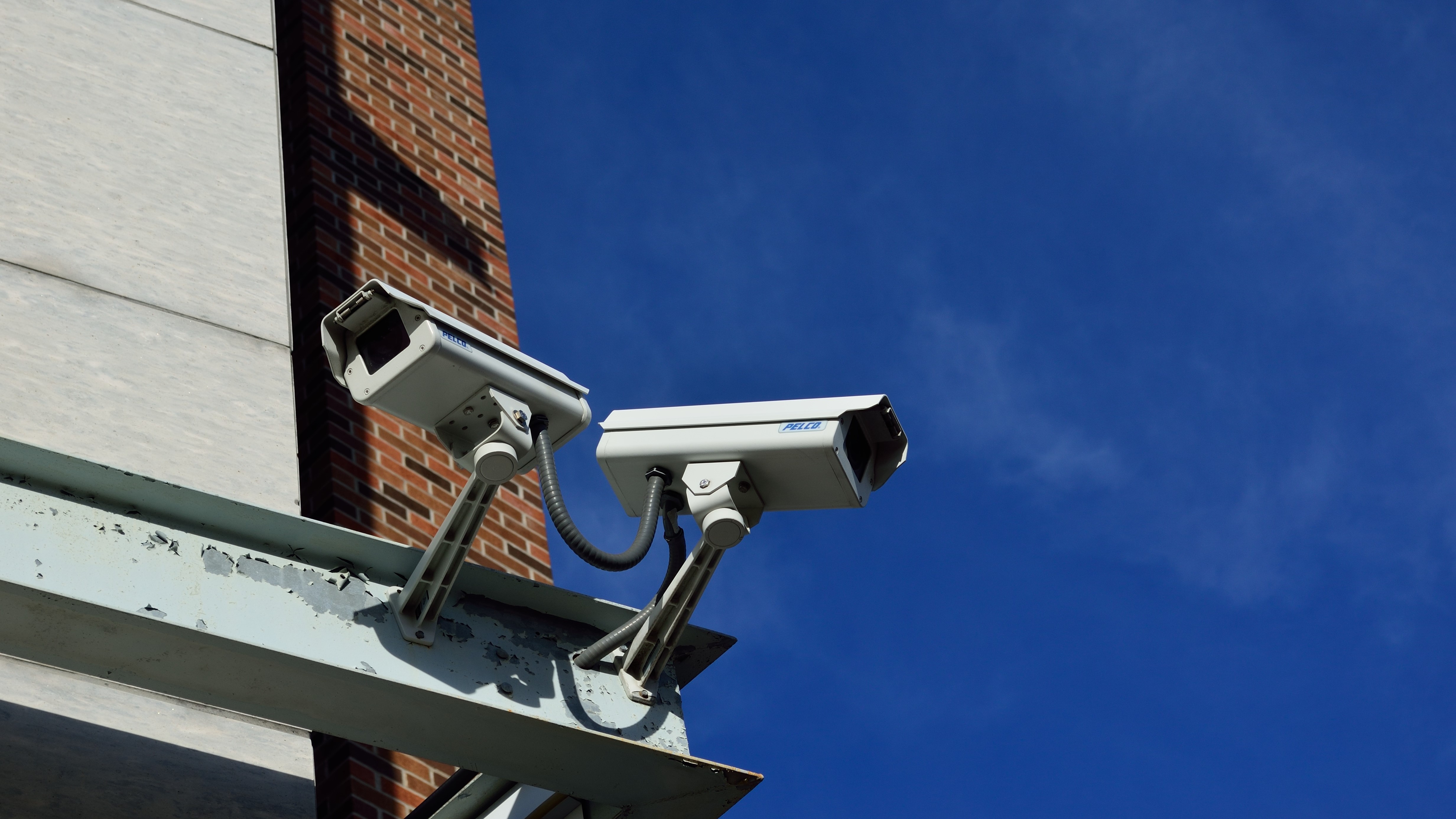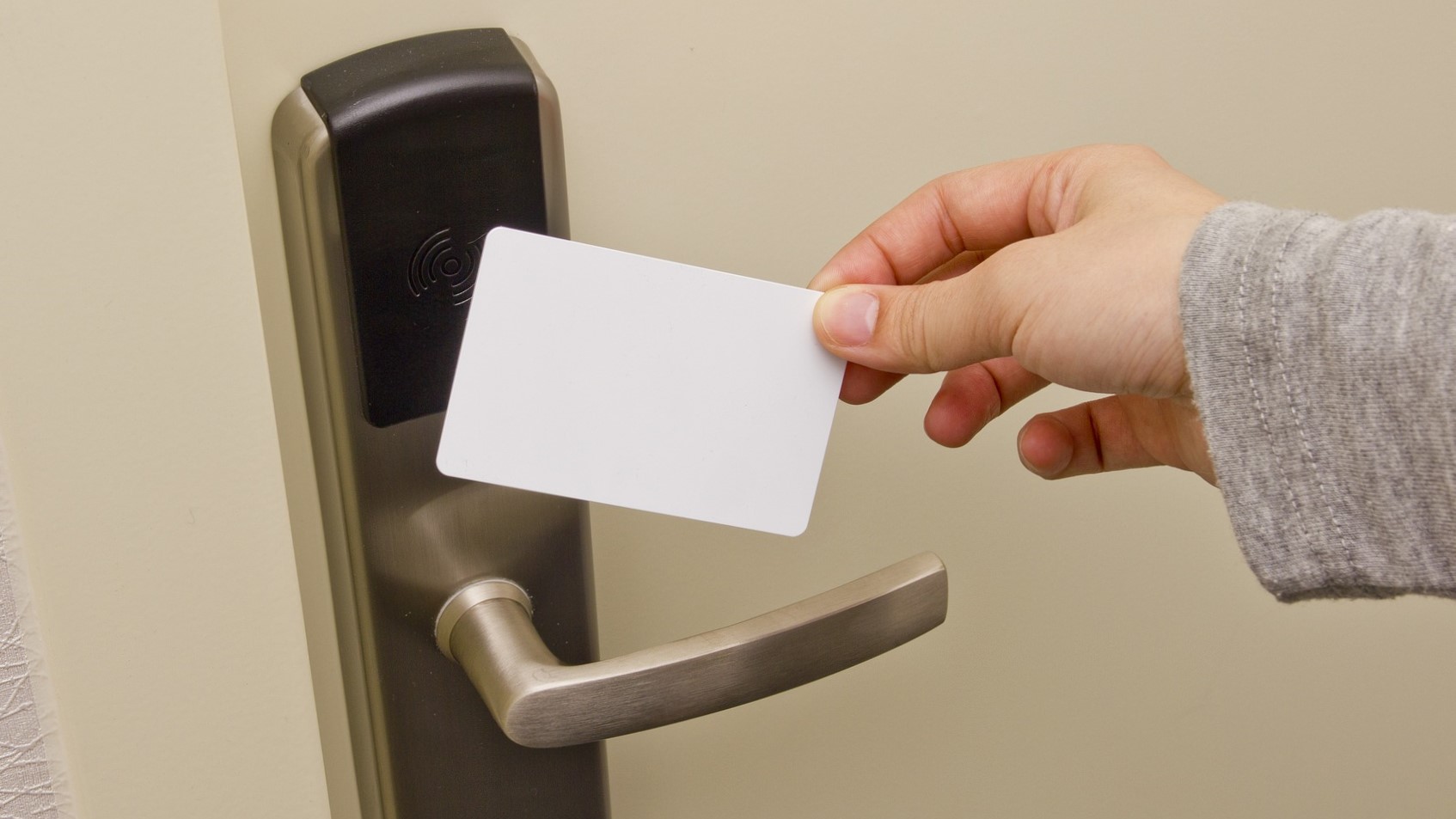Access control system vs business security system: what's the difference?
A traditional or modern approach to security, the choice is yours

Businesses of all shapes and sizes are under constant pressure to turn a profit. Working against this goal, is that these same businesses are constantly under threats from all directions. These assaults range at the most extreme to violent crimes, but also include profit sapping shoplifting, and even employee thefts. It is sobering to reflect that workplace violence in the United States accounted for 828 deaths in 2018, and looked at from the standpoint of workplace fatalities, it is the second leading cause, according to The D&D Daily.
Clearly, given these facts, employers need to take reasonable precautions to promote a safe workplace. In our modern, connected times, security involves a lot more than just a hardened lock, and limiting who can have access to the key.
- We've put together a list of the best security camera systems
- These are the best secure routers on the market
- Also check out our roundup of the best security keys
The traditional route
Traditionally, businesses have turned to a business security system to secure the facility. This consists of an alarm system that once armed, can provide protection from an intruder to all the openings. In the more basic form, we are talking about door switches that get connected to a central panel. From this central panel, the user can arm or disarm the system with a numeric code entered into a touchpad. There is also an alarm, such as a siren that blares the warning when the alarm is tripped. The central panel functions as a local, although pretty basic computer, that runs the security system by providing the basic rules that operate it with a series of IFTT (“If this then that”) rules, such as if smoke is detected, to sound the alarm, and indicate it is a fire alert.
The devices can be connected via wires, or for an easier, and somewhat less secure deployment, wirelessly. The system can be professionally monitored, so help can be deployed when the system alarms. While not required, additional sensors can be connected as well that include carbon monoxide detectors, fire alarms, and glass break sensors. Sending the message out to the monitoring center can be done over a traditional, wired phone line. However, with concerns of crooks tampering with the line to facilitate a break in, many providers offer the option for a cellular connection that is less likely to be interfered with.

Traditionally, a business security system operates alone. A video surveillance system can run simultaneously as well, although typically the two are not integrated, and may be a simple DVR that records footage continuously from a series of video cameras.
While these business security systems can provide some basic protection, they are far from ideal, even when combined with additional options. This can be especially apparent with facilities that are up and running on a 24/7 basis, as they never are shut down to allow the security system to be armed. The business security systems also tend to operate more reactively, even when they are armed, and can only respond to an event after it occurs, such as sounding the alarm to a detected break in, but do nothing prior to the incident.
A more modern approach
Contrast a business security system with an access control system, which is a considerably more modern solution. It is also better able to handle the complexities of protecting a facility in a dynamic environment.
Sign up to the TechRadar Pro newsletter to get all the top news, opinion, features and guidance your business needs to succeed!

Rather than having just a keypad to arm the security system, an access control system is based upon a series of card readers. Each card reader can be activated by a choice of options, commonly access cards, which can also function as ID badges across the organization. Additionally, there are plenty of other options, including smartphone apps, keypads, and smartwatch identification possibilities.
Unlike with a security system that will have no record of which individual armed the panel, with an access control system there is a complete record as to which individuals passed through each entry point, and exactly at what time.
Having a facility that runs on a 24/7 basis is a real challenge to a business security system, as with individuals in and out there is no way to arm the system and not have it go off. However, an access control system can handle this with ease, as it can live alongside the individuals, providing a secure environment, while simultaneously allowing for ingress and egress of all types of individuals- employee, administrator, contractor and visitor- at all times on a continuous basis.

Furthermore, an access control system keeps a continuous record of who has gone past each entry point, by keeping a continuous record of which user accessed each through each scan of the access card on each access point. This means that if an incident occurs, we don’t just get a loud siren, but rather have a complete list of everyone in the area at that time, and can hone in on who would be responsible. Also, if a user shows up at a time other than their regular work hours, it is known immediately. Some access control systems even offer facial recognition software to better track individuals in the facility as well.
Video is another differentiating point. While a business security system can certainly have a video recording system, access control takes this to the next level. Rather than just a continuous recording from a smattering of video cameras, access control can integrate a larger suite of cameras. The advantage is that the video can then be accessed, tied to when the card reader was used by a particular individual.
While the business security system is connected to an alarm control panel, an access control system is run by a powerful, enterprise computer. There are also plenty of options, such as a local server from within the facility. Other possibilities involve cloud architecture, such as a hybrid model that includes a local server that then is continuously backed up to the cloud, or even having the access control system totally run in the cloud, via a subscription.
After going through all of the differences between a business security system, and an access control system, the advantages become obvious. Take your facility’s security into the modern age with a robust access control system.
- We've also highlighted the best access control systems
Jonas P. DeMuro is a freelance reviewer covering wireless networking hardware.